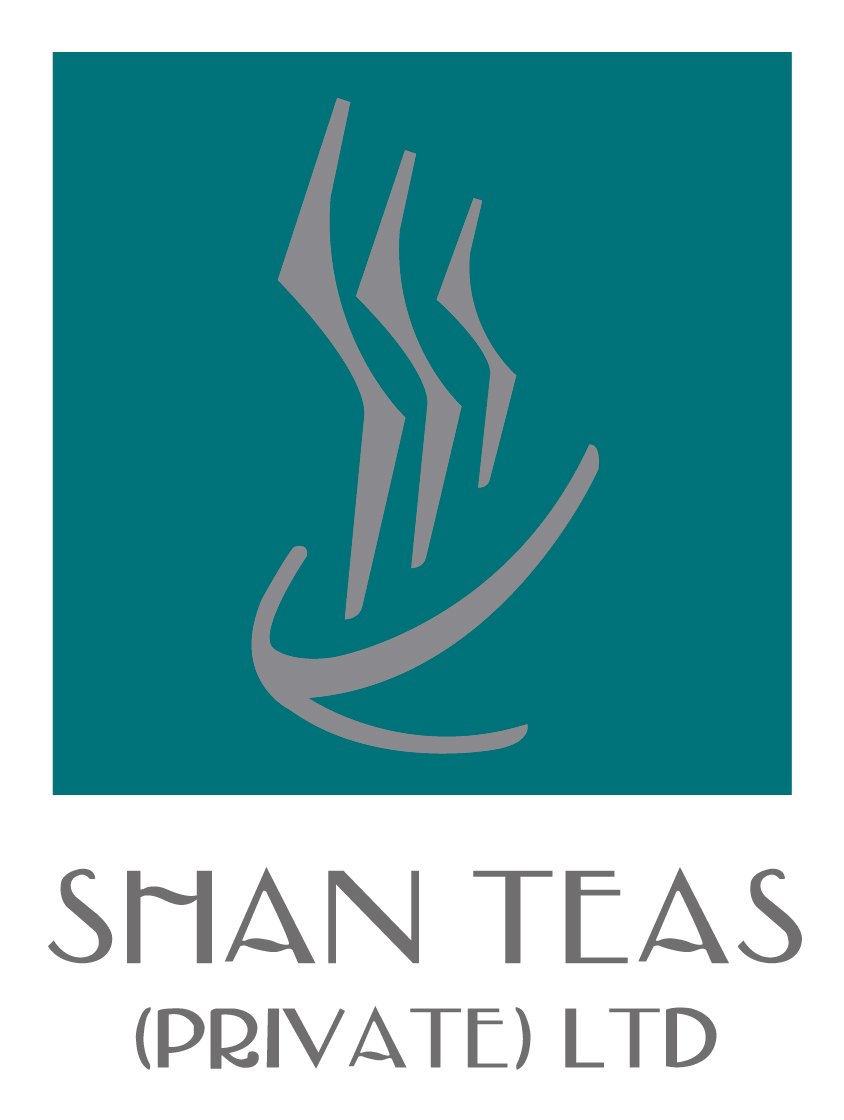

Our tea masters meticulously select our teas based on quality, freshness, and palette to meet the taste profiles and requirements of the customers.
We go through thousands of samples on a weekly basis to choose the best teas for our discerning customers. Every shipment is subject to stringent laboratory tests to ensure the highest standards. The quality of teas and production is monitored by an independent international quality assurance firm throughout the key stages of the process, from storage, blending, packaging and shipment. This includes regular lab tests to ensure international quality standards and freshness of the teas.
We use state-of-the-art machinery for cleaning, blending, and packing our teas, ensuring that our products are free of foreign particles. We also offer industry-leading fast processing times to ensure maximum freshness
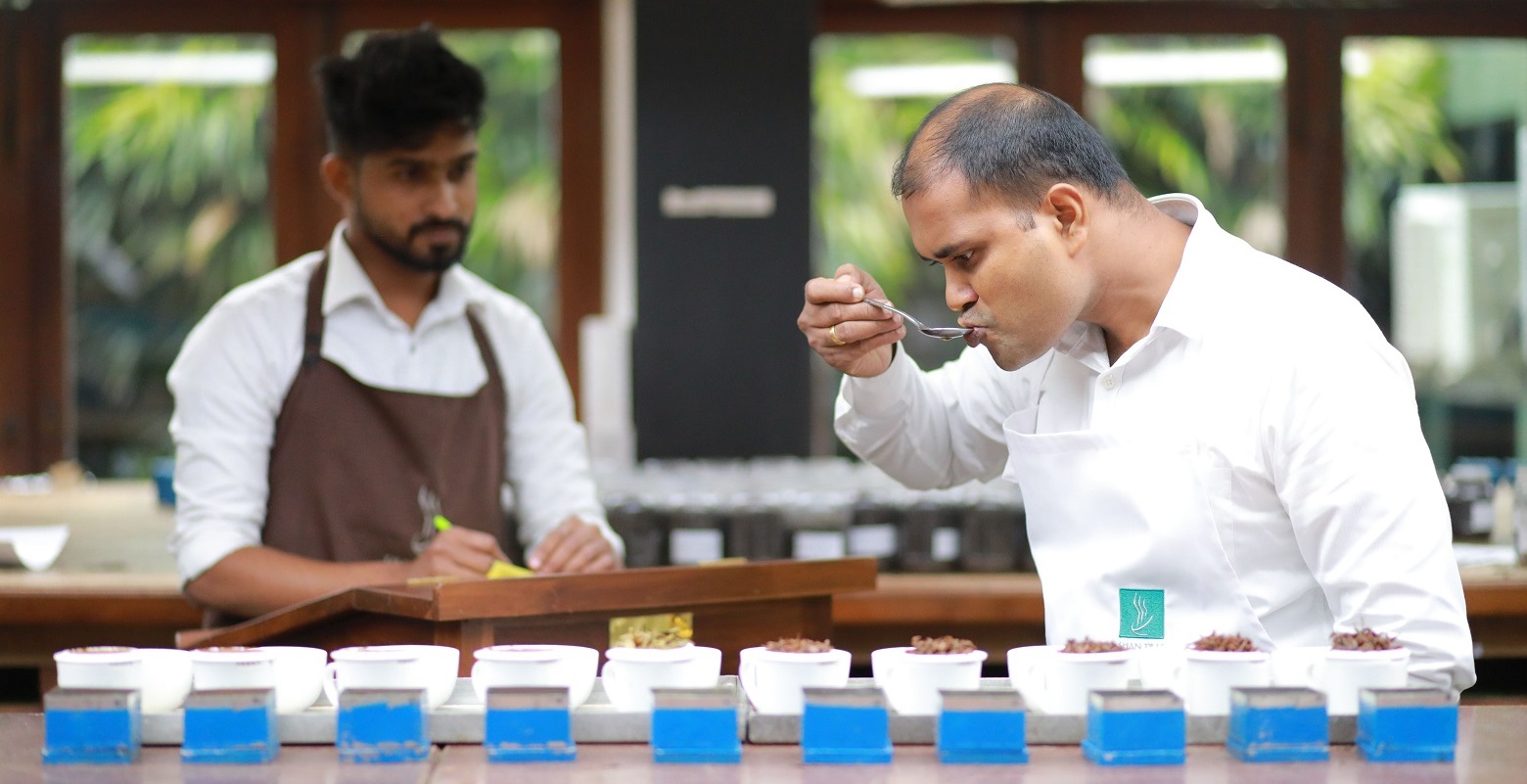
At Shan Teas we strictly follow the stipulated criteria related to the following certifications and compliances requirements
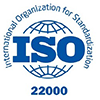
ISO 22000 sets out the requirements for a food safety management system and can be certified to it. It maps out what an organization needs to do to demonstrate its ability to control food safety hazards in order to ensure that food is safe for consumption.
https://www.iso.org/publication/PUB100454.html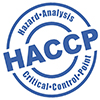
Hazard Analysis Critical Control Point (HACCP) is a management system in which food safety is addressed through the analysis and control of biological, chemical, and physical hazards from raw material production, procurement, and handling, to manufacturing, distribution, and consumption of the finished product.
https://www.fda.gov/food/guidance-regulation-food-and-dietary-supplements/hazard-analysis-critical-control-point-haccp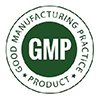
Good Manufacturing Practices (GMP) certification ensures the integrity of food manufacturing process as well as compliance with food safety regulations. A Good Manufacturing Practices (GMP) certification scheme provides independent verification and certification that the basic manufacturing practices and prerequisites necessary for the implementation of an effective Hazard Analysis Critical Control Point (HACCP) food safety program are being followed.
https://www.who.int/teams/health-product-policy-and-standards/standards-and-specifications/gmp
Sri Lanka Tea Board(SLTB) official certification for quality assurance for food safety and good manufacturing practices of tea. This audit and certification is done by the SLTB. The scheme provides an internationally recognized third party Quality Assurance Certificate for processed tea in Sri Lanka.
https://www.srilankateaboard.lk/index.php/2014-02-26-10-02-57/the-sri-lanka-tea-board/quality-assurance-certification
Global Food Safety Initiative (GFSI) recognizes Food Safety standard FSSC 22000 as a complete certification scheme for Food Safety Management Systems. FSSC 22000 is based on the existing certification standard ISO 22000 and technical specifications for Pre-requisite Programs (PRPs).
https://www.fssc.com/schemes/fssc-22000/
In order for farmers to derive benefits from organic farming methods, consumers need to trust that the rules on organic production are being followed. Therefore, the EU maintains strict system of control and enforcement to guarantee that organic rules and regulations are being followed properly. As organic farming is part of a larger supply chain that encompasses food processing, distribution, and retail sectors, these are also subject to checks.
https://ec.europa.eu/info/food-farming-fisheries/farming/organic-farming/organics-glance_en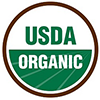
The United States Department of Agriculture (USDA) is the federal executive department responsible for developing and executing federal laws related to farming, forestry, rural economic development, and food. It aims to meet the needs of commercial farming and livestock food production, promotes agricultural trade and production, works to assure food safety, protects natural resources, fosters rural communities and works to end hunger in the United States and internationally.
https://www.usda.gov/topics/organic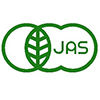
Japanese Agricultural Standards (JAS) are the Japanese national standards in the field of agriculture, forestry, fisheries, and food industry. JAS is established by the Ministry of Agriculture, Forestry, and fisheries. The JAS Standards for organic plants and organic processed foods of plant origin were established in 2000.
https://www.maff.go.jp/e/policies/standard/jas/law.html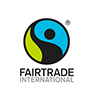
Fairtrade is an arrangement designed to help producers in growing countries achieve sustainable and equitable trade relationships. The fair trade movement combines the payment of higher prices to exporters with improved social and environmental standards.
https://www.fairtrade.net/